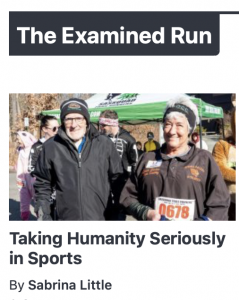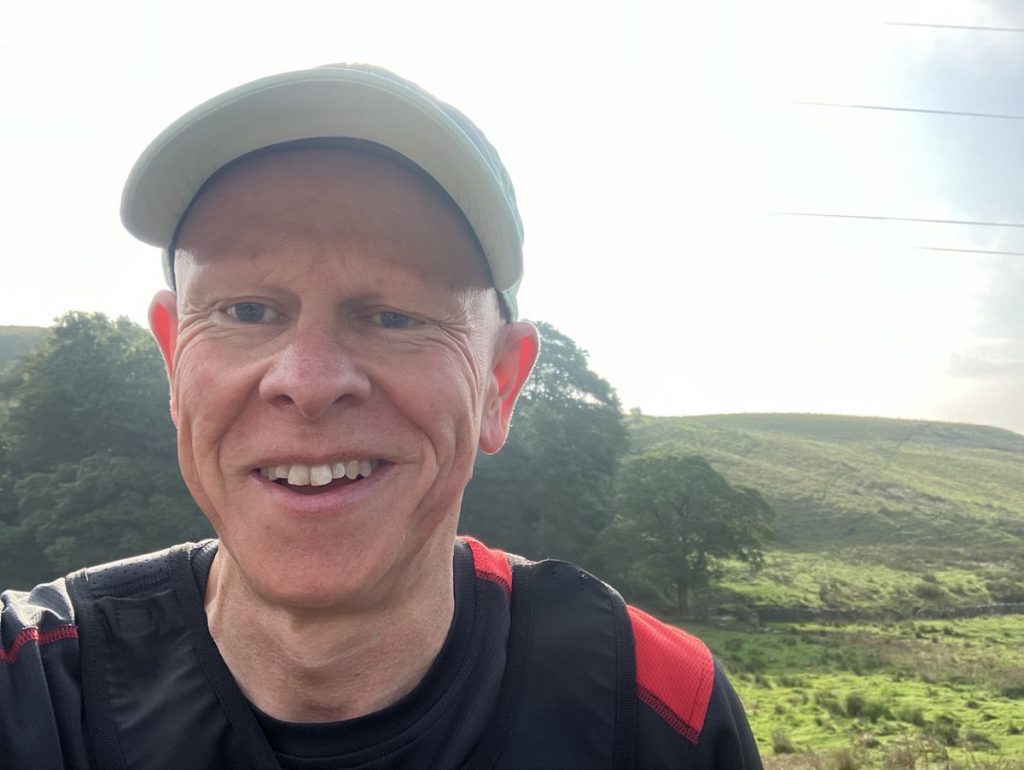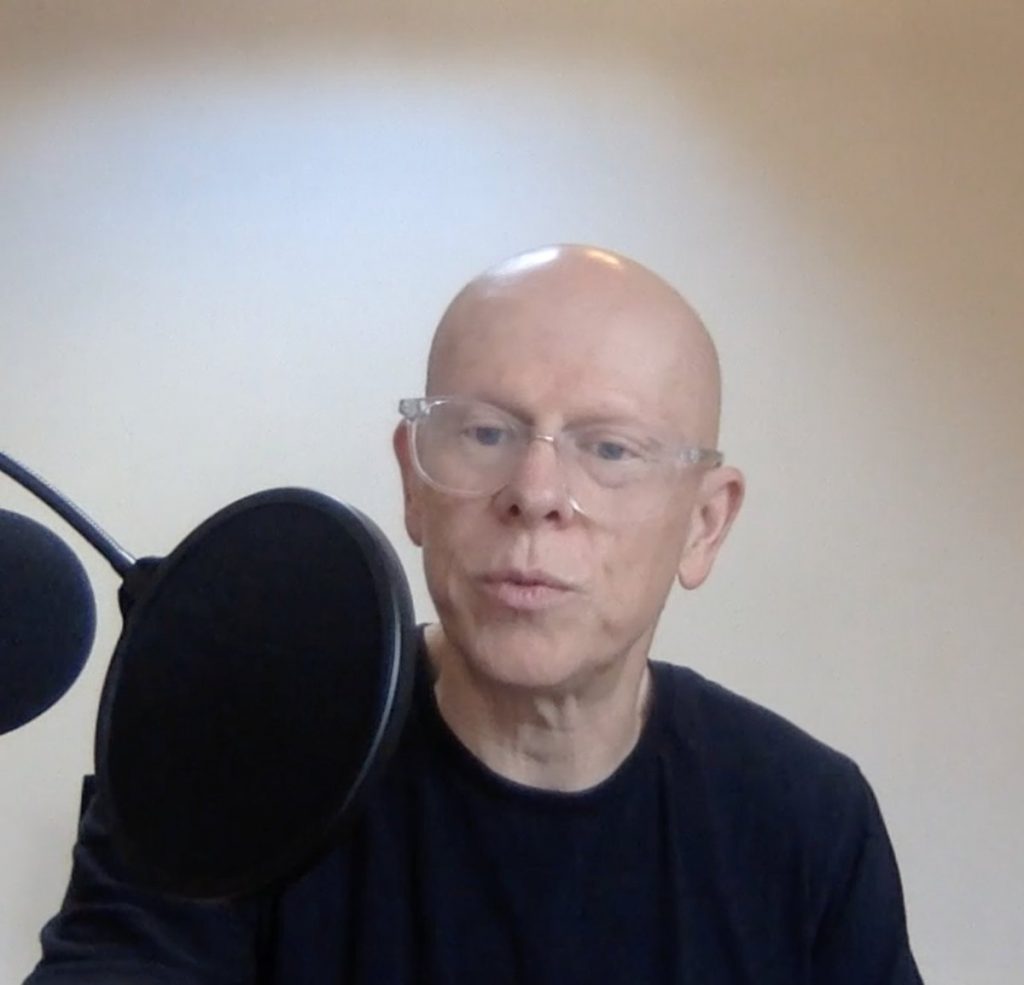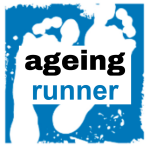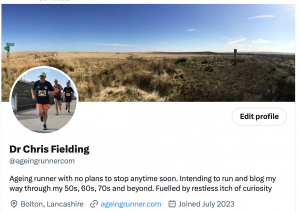My first big ageing runner tweak. I now have two hearing aids. After reading about the connection between untreated hearing loss in mid-life and dementia in later life, I went for a hearing test and found that I have a moderate loss in both ears. I am sitting here with a new hearing aid in each ear. First impressions are that I have been missing out on conversations. I am looking forward to running in a group with them on. I think I will miss out on much less. I will let you know how I go on.
Whilst sitting in a hearing test waiting room this week, I had a jarring experience. I had read a post by a runner who said that as an older runner, she felt invisible. It had stayed with me. I then saw an assistant approach an elderly woman and her daughter. They ignored the woman and spoke only to the daughter about her. It was as though she was not there. I am beginning to notice that everywhere. I can’t let ageing runners feel invisible. I see you, I value your efforts and where you are at. It feels an important mission.
I am now half-way through a 16-week marathon schedule as I get ready for the Chester marathon. I am amazed to have got to this point without injury. That has not happened before. My legs have felt weary though, particularly after the 15 miler over the weekend. For the first time I am feeling intimidated by the distances and the mileage that I have coming up. I need to trust the process and get on with it. I am valuing the rest days more and more as the weeks go by and the mileage increases.
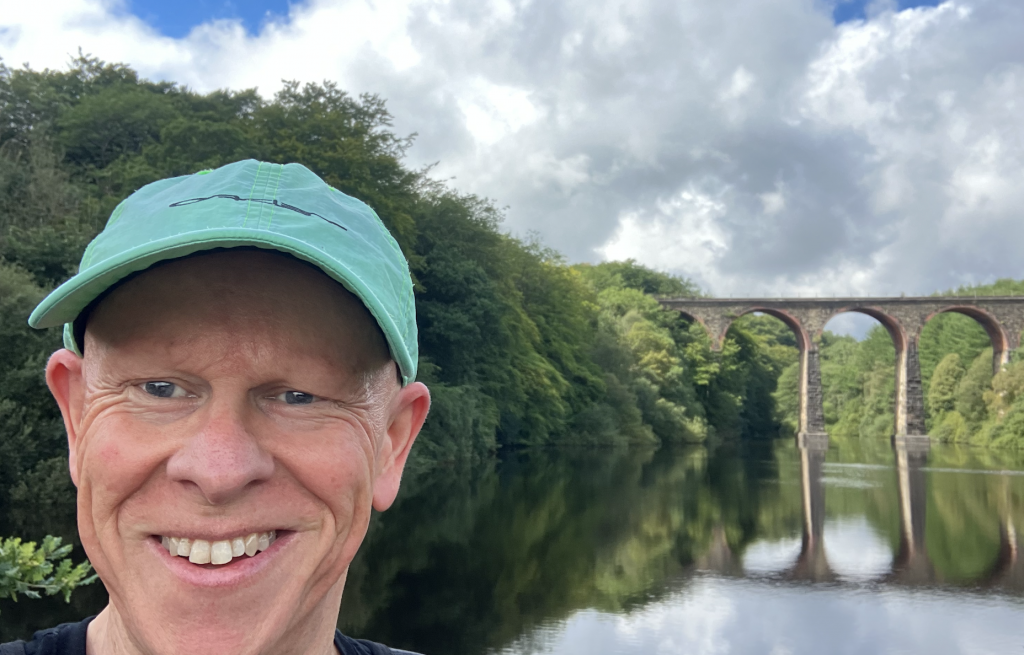
Despite that, I am finding that some runs leave me feeling amazing afterwards. Tempo runs have that effect. They seem to be runs which are in the 85-90% of my max heart rate. I found myself wondering how I can maximise that and make it more efficient. How can I get bang for my buck when it comes to the calming, wellbeing effect that my running has? It is probably the same for everything. How can I optimise the way I eat, run, sleep, connect, give, read and write to maximise their benefit and hit their sweet spot and not go too far with any of them.
I have been reading about the field of gerontology this week. This looks at ageing as a disease in its own right. I have gone back to not eating in the morning to simulate fasting and also been experimenting with adding cold water at the end of a shower. It left me shivering for quite a long time afterwards. That may be a good thing. I want to know more.
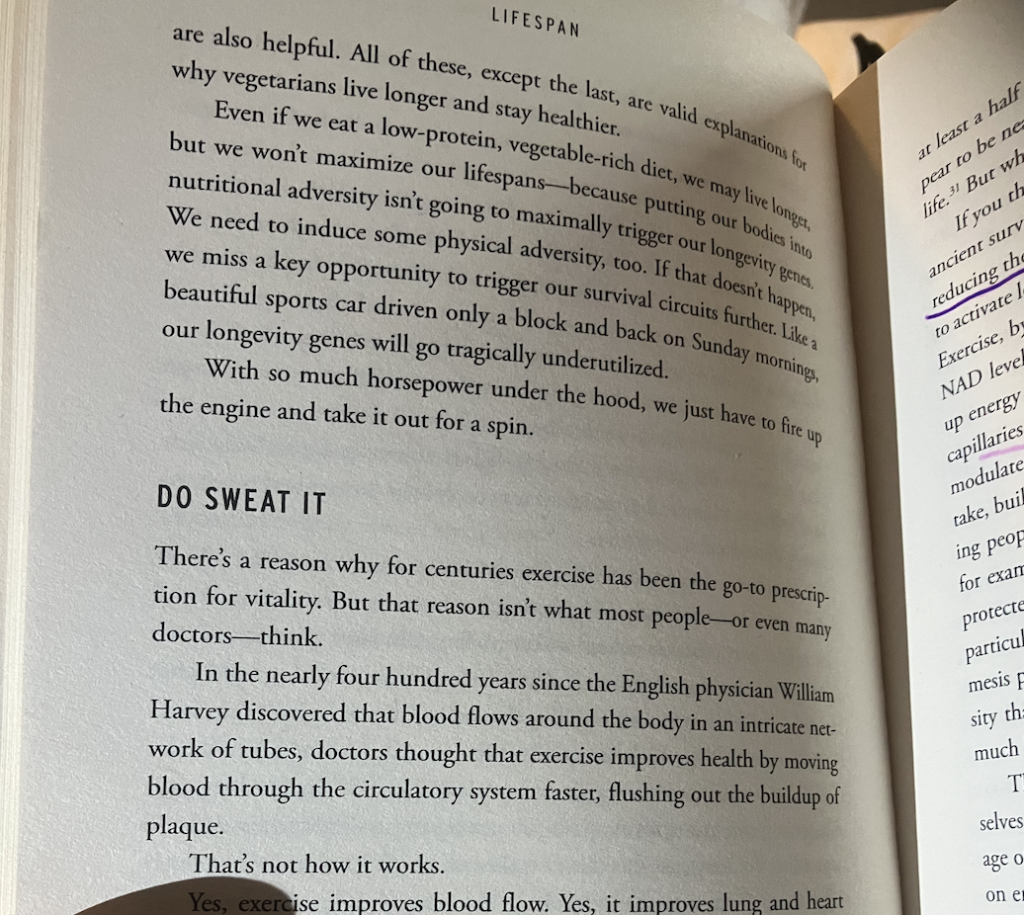
I ran Parkrun this week. Times and running quickly seem a motivator to me. I travelled to a route that I know is quick. I had 19:30 in my head and ran 20:02. A runner this week said that it is nice to turn up and enjoy just running it but I enjoy the blast and pushing myself. I don’t mind being 2 seconds over 20 mins. I just enjoy the process and then giving it my best go.
I pushed myself to talk to a couple of people at the end of Parkrun this week. I don’t find that easy but looked for people stood on their own and went and said well done and asked if this was their local race. Both really enjoyed the chat. One chap would probably still be talking now and it was good to let him just share his experiences of running. I stayed behind and got a coffee. I didn’t talk to anyone else but didn’t feel that sense of loneliness that I have experienced in the past. I felt part of the running community.
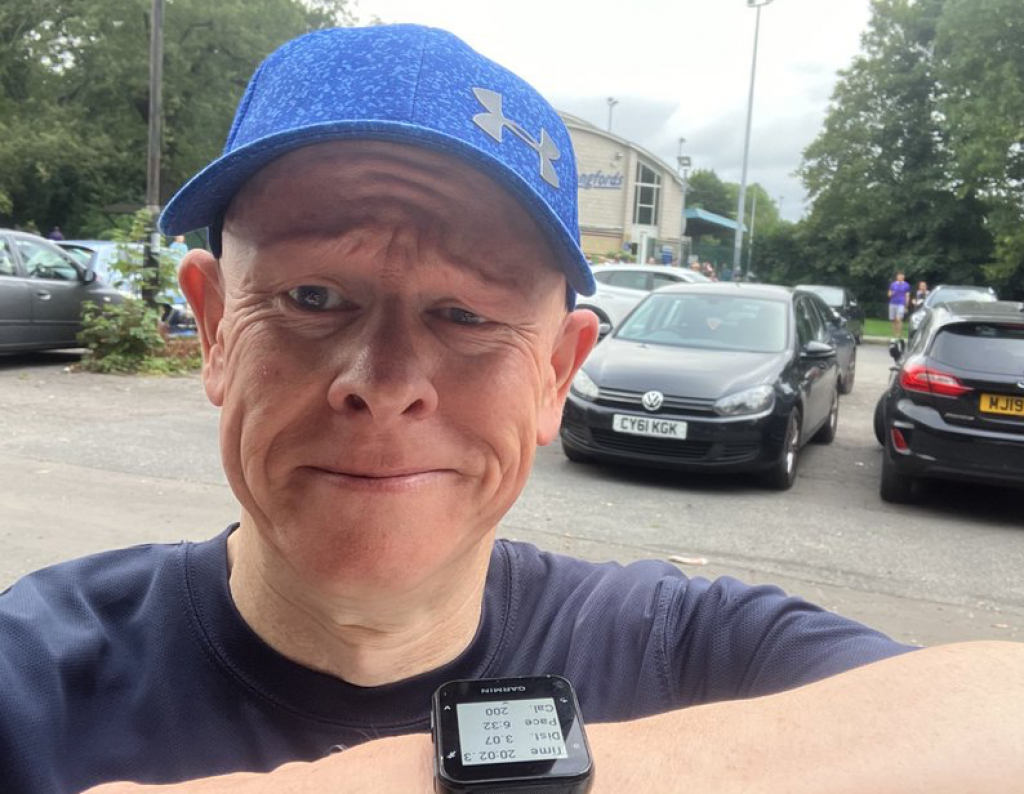
On the way back from Parkrun, I listened to a podcast interview with Jae Gruenke, the Feldenkrais practitioner. She said that weakness does not cause injury and that movement causes injury. I found myself agreeing. We need to be able to run without thinking about our form. I think that is what barefooting does for me. It imprints a way of moving that does not cause injury and makes everything that needs to be strong whilst running strong. It makes me nervous about the conventional wisdom of strength training. I weighed myself this week. I am gradually getting lighter. That feels important. It may be that I am using weight loss as a way to mitigate my slowing times as I get older. That can’t go on forever but it can go on for a little while. I don’t know where it stops being healthy and can be too much of a good thing. What is a healthy weight for me. Is it linked to body fat? How would I measure that? I need to know more.
This diary is part of a learning process. I have been reading (and listening) this week about how writing both helps us learn and how it can support positive mental health. I agree with both those things. I have long known that I learn through the process of writing. I want to know more about why. How does it help crystallise the conceptual framework swirling around in our heads. How does it limit us and how can we push at the edges of those limits to take us into whole new worlds we are not aware of yet. There is a discipline to writing. It isn’t always about waiting for inspiration. It is about taking a prompt, setting a timer and keeping the fingers moving until the timer ends. Getting the bones of things down. Other times, it is about a feeling of release and giving an outlet to the internal narrative that we all have going on. That resonated with me greatly. When I wrote my first post on Ageing Runner, it was like a dam had burst. It was a relief and a release. I have been podcasting this week and the feeling is the same. It is a creative process.
I sang at the Edinburgh Festival this week with Rock Choir. I left running behind for a couple of days and had a social time with another part of my life. When I made the decision to connect and make some friends, I purposely chose something that would not be affected by a running injury. Although running is important, I cannot put all my eggs into the running basket. It needs to be one part of a balanced life and not everything. It got me thinking about wellbeing. It is something we need to work at and not have done for us or to us. The teacher 5 a day brought me some awareness. Connection, being active, taking notice, keep learning and give. I have some work to do.
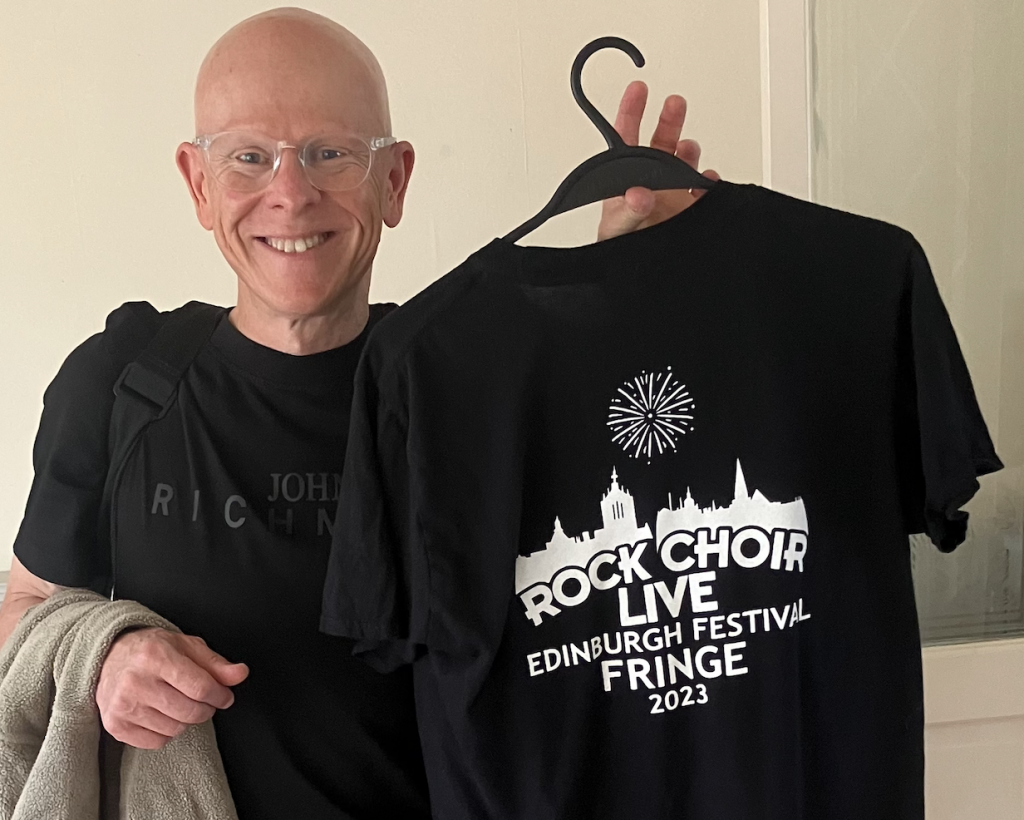
I think that I am developing a first set of Ageing Runner principles to live by. They are around having a lifestyle that improves the likelihood of me staying free of disease, injury and maintains my mental health. Healthy, strong and happy seems to sum it up today. It is now for me to explore the strategies that I can build into my life that align with each of those principles.
As far as Ageing Runner as a project goes, it seems that it is about reading, writing, running and connection. Reading and listening to new things. Enjoying the exploration of new topics and the steep part of the learning curve. Letting the restless itch of curiosity run free sometimes and other times giving it some discipline and structure. Writing and talking about those things to process and understand them and provide a safety valve and outlet. Applying them to our lives as runners. It isn’t enough to simply theorise, we need to do something with this stuff and take action. We learn so much more when we do that. Finally, it looks like connection is emerging as an unexpected part of the Ageing Runner project. It is about unconditional positive regard. All are welcome whether they are experienced ultramarathoners or those thinking about taking up running (or not). It is for young and old. We are all ageing. Ageing does not belong to the old. We are all running that race. It is about valuing and prizing the efforts of all, wherever they are at and finally is allowing people to be the runner they want to be. Running does not belong to anyone, it is a universal human activity. If it belongs to any of us, it belongs to all of us. Life is too short to run anyone else’s race. Run your own, in whatever way you choose.
Run, Chat, Smile – Chris
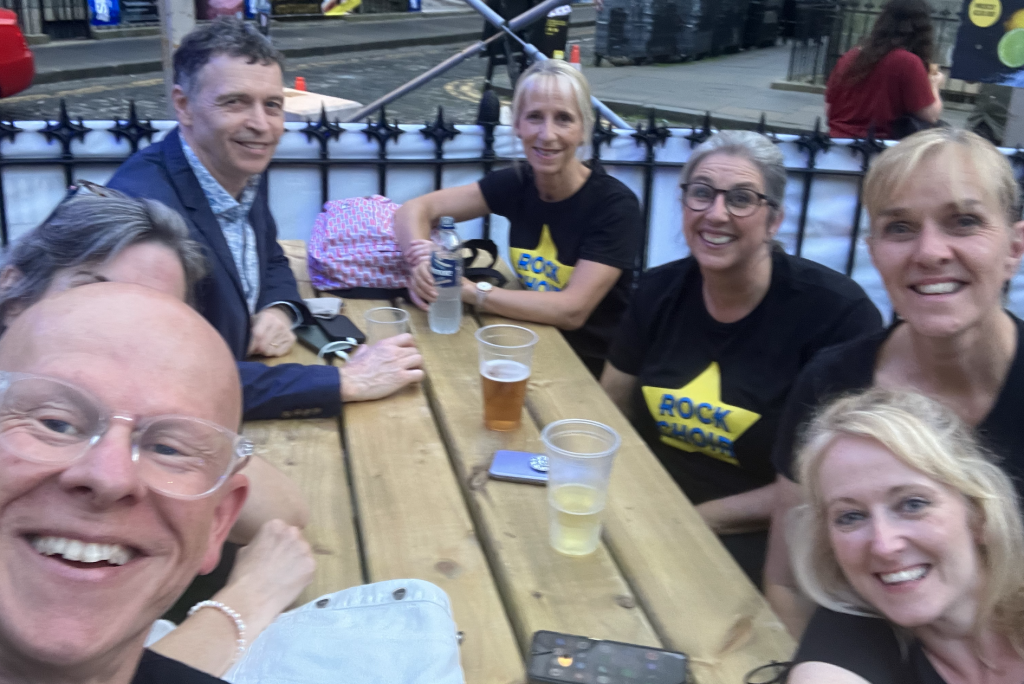

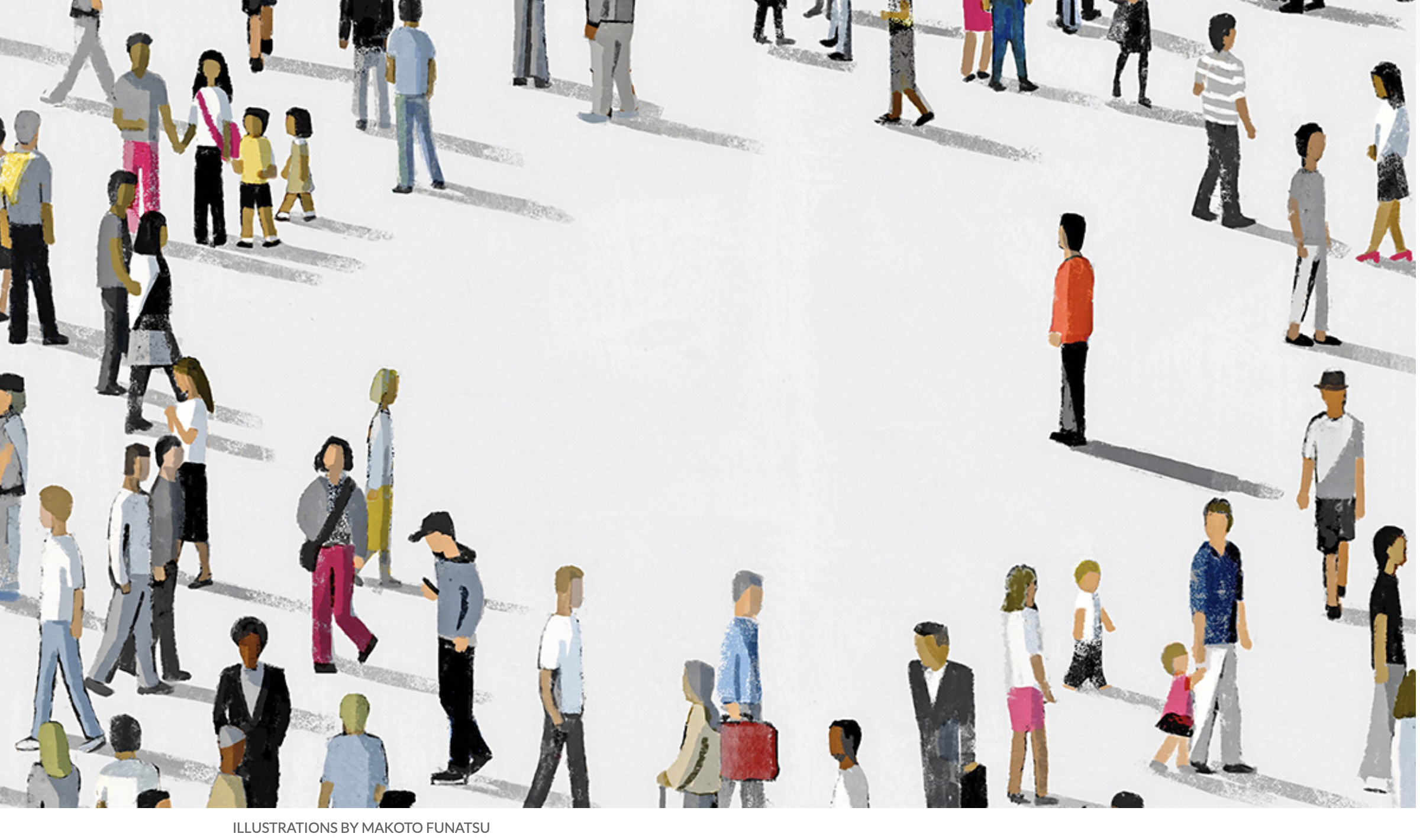
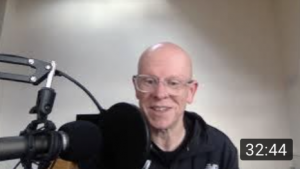 In this 3rd episode of the Ageing Runner podcast, Chris has just run both a Parkrun and a marathon pb. Something seems to be going right. We also look at the battle for the truth amongst all the experts out there and what that means for us as runners as we look to keep healthy, fit and motivated as we get older. Who on earth should we believe?
In this 3rd episode of the Ageing Runner podcast, Chris has just run both a Parkrun and a marathon pb. Something seems to be going right. We also look at the battle for the truth amongst all the experts out there and what that means for us as runners as we look to keep healthy, fit and motivated as we get older. Who on earth should we believe?